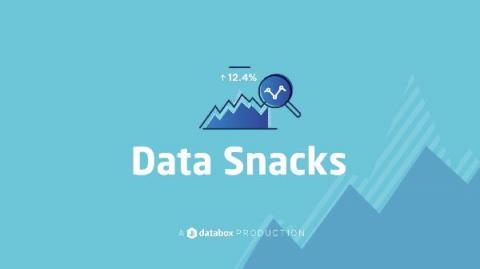Systems | Development | Analytics | API | Testing
Latest Blogs
The 6 Soft Skills Data Engineers Need to Succeed
Five Strategies to Accelerate Data Product Development
With this first article of the two-part series on data product strategies, I am presenting some of the emerging themes in data product development and how they inform the prerequisites and foundational capabilities of an Enterprise data platform that would serve as the backbone for developing successful data product strategies.
Codeless Testing: When is Testsigma recommended tool for you
The software industry is undergoing numerous changes with the growth and advancement in technology and the emergence of Agile and DevOps. Software testing has slowly transitioned from manual testing to record-and-playback testing to automated testing, and now codeless testing is disrupting the software testing approach in the industry. The codeless automated testing involves the execution of automated testing without using any script.
Best automation testing tools for web and mobile
Times have surely changed — we’ve all moved on from TVs to mobile phones and laptops to consume various forms of content. As per Data Reportal, there are over 5.27 billion mobile users globally, and this data also reports that the number of users is increasing by 1.9% per year; the internet users are increasing at an annual growth of 7½%, especially in the developing countries.
Accelerating Code Quality with DORA Metrics
What do Google’s DevOps Research and Assessment (DORA) and Rollbar have to do with each other? DORA identified four key metrics to measure DevOps performance and identified four levels of DevOps performance from Low to Elite. One way for a team to become an Elite DevOps performer is by focusing on Continuous Code Improvement.
Analyzing Return User Behavior
Scaling Service Mesh Globally and Across Environments
A true service mesh should focus on how to manage and orchestrate connectivity globally. Connecting a new service mesh for each use case is a much simpler problem to solve, but doing so won’t help you scale. You’ll just be throwing a service mesh in each cluster and calling it a day. The more appealing solution is to stitch together environments.
Buying Low-Code Automation: What to Look for and What to Ask
A revolution is transforming organizations and it's driven by low-code. Using low-code, organizations can quickly build—even in only a few weeks—enterprise applications that would once have taken months to get off the ground. Forrester predicts that by the end of 2021, 75% of development shops will use low-code platforms (up from just 44% in 2020).[1] With that kind of momentum it’s no wonder the low-code market is exploding.
How to ensure data integrity with analytics testing
Data collections and analysis is critical to ongoing business operations, but maintaining data integrity is an often overlooked problem. Ensuring data integrity is not only a consumer trust issue, but is often also mandated by legal regulations. Without accurate data, business leaders could make decisions that are slightly (or majorly) misguided.










